Can dogs eat sugar?
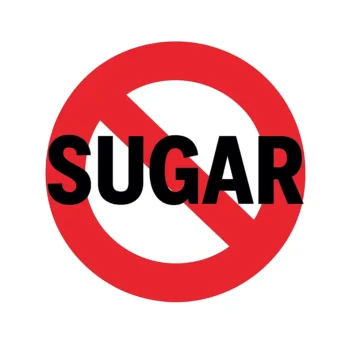
It boils my blood when people feed sugar to dogs.
It boils my blood even more when I see dog treats sold in a shop which are packed with sugar, which play on our desire to give our dogs treats to make them happy – when what would make them happier is a nice tasty chicken neck, or even some fresh roadkill for that matter.
Would you poor sugar down the neck of a lion?
No, of course not, but did you know dogs and lions aren’t too different biologically?
Don’t believe me, here’s some facts:
Both are carnivores → part of the order Carnivora.
Digestive system → short, simple gut designed to handle meat and fat efficiently (not long like herbivores that ferment plants).
Stomach acidity → very strong (pH 1–2 when fed) to break down raw meat, bone, and kill bacteria.
Dentition → both have sharp carnassial teeth for shearing meat and bone.
Metabolic reliance → both use protein and fat as primary energy sources, not carbohydrates.
It also boils my blood how much sugar we feed to our kids (and I confess as a parent it’s nigh on impossible not to).
So why is it some dog foods branded as “healthy” and “nutritious” are made with sugar, or sugar derivatives which we may not realise are sugar, or even packed with carbohydrates our dogs struggle to digest which are also, basically, just sugar?
To answer the question whether dogs can eat sugar – well yes, they can. But they’ll also eat sheep poo given half the chance, and that’s probably the healthier option.
Let’s consider this a little more… and find out what sugar does to your dog.
A true story of the effects of sugar
I know this is about my daughter, not about dogs, but it raise an important point.
When my daughter was 2, we were on holiday and felt like a perfect day for an ice-cream. 15 minutes later my daughter was stumbling around unable to walk in a straight line, giggling, and displaying the same behaviour I might display after a boozy night at the pub.
We don’t tend to think too much about this with our kids, but we should. This initial reaction to sugar gradually fades, which is the same as drug tolerance.
When we take sugar away from kids we find they react with withdrawal like symptoms – crying and begging – which is the same as drug dependence. Kids also continuously demand sugar, which is addition.
Scary when you think of it that way?
We tell our children sugar is bad for their health, then reward them with sugar for good behaviour.
We forget sugar is basically a drug, but as it’s a drug we get used to at a young age from mass consumption, we accept it as if it’s normal and not in the same category as other drugs we wouldn’t dare give our kids…. or our dogs.
The role of sugar in food, and dog food.
You can argue sugar is a preservative, but it’s definitely not a preservative we need in dog food.
We know it’s unhealthy.
However, when we consider how many dry processed dog foods are made mostly of tasteless grains and by-products of those grains, the pet food industry has a problem – dogs are smart enough to know they don’t want that stuff.
Sugar offers a solution, and it’s the same solution which makes sugary foods so appealing to kids.
As pet owners (and I’ve probably heard this a million times) we assume a dog food is good because of reasons like “my dog can’t get enough”, or they “cleaned their plate”, or “couldn’t get enough”.
We gauge the quality of a dog food based on whether our dogs eat it or not, and that’s the silliest metric ever.
Then we feed it to them every day, for every meal.
My kid “can’t get enough” ice-cream. It’s the same thing. But that definitely doesn’t mean ice-cream is good for them.
The only difference is ice-cream packets can’t be plastered with claims of “health” and “nutrition”, yet dog food and dog treats made of sugar can, and often are.
Purina Beneful is one example, with sugar as the fourth ingredient, and that’s a popular brand of dog food marketed as “healthy” and sold at reputable stores like Woolworths.
What does sugar do to a dog?
Sugar causes blood sugar spikes, causing a quick burst of energy and then a crash which feels awful. As dog owners we may see this as our dogs running around happily, then curling up in the corner for a well-deserved rest.
It’s much worse when small dogs fall victim of too many sugary treats (it’s easier to give small dogs too many treats than larger dogs). Havoc, wreaked.
On repeat, those blood sugar spikes can lead to diabetes.
It may not be immediate, but over time feeding your dog sugary food or treats will lead to weight gain & obesity, just like it does for us humans. The difference being we have a choice of what we put in our mouths, but our dogs don’t have a choice what we put in theirs.
Sugar causes tooth decay, which is very bad news when we consider the effects of periodontal disease and the harm it can cause to vital organs. Our saving grace is we brush our teeth, but do you brush your dogs teeth?
We want our dogs to be healthy and mobile, but sugar causes inflammation, leading to joint issues, gut issues, and skin issues.
But hey, on the upside sugar may entice your dog into eating those rock hard high-carb nuggets of processed wheat your vet recommended. And that’s a good thing, right?
So no, don’t be a schmuck. Don’t give your dog sugar – even if it’s packaged up as a healthy dog treat.
I see sugar as a drug, and arguably the most harmful drug on the planet when you consider how many people suffer from sugar-related disease.
Whether you see sugar in the same way as I do is irrelevant. You know it’s not healthy, and you know your dog doesn’t need sugar.
So why give it to them?

Join the Reddit community r/HealthyAussiePets



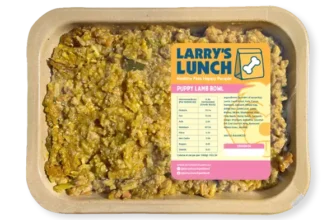
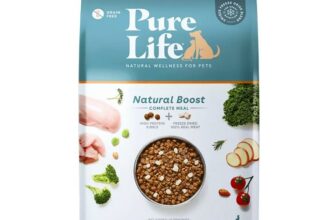
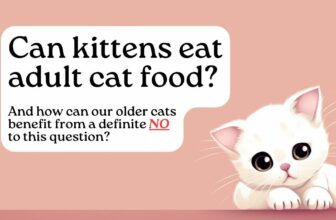
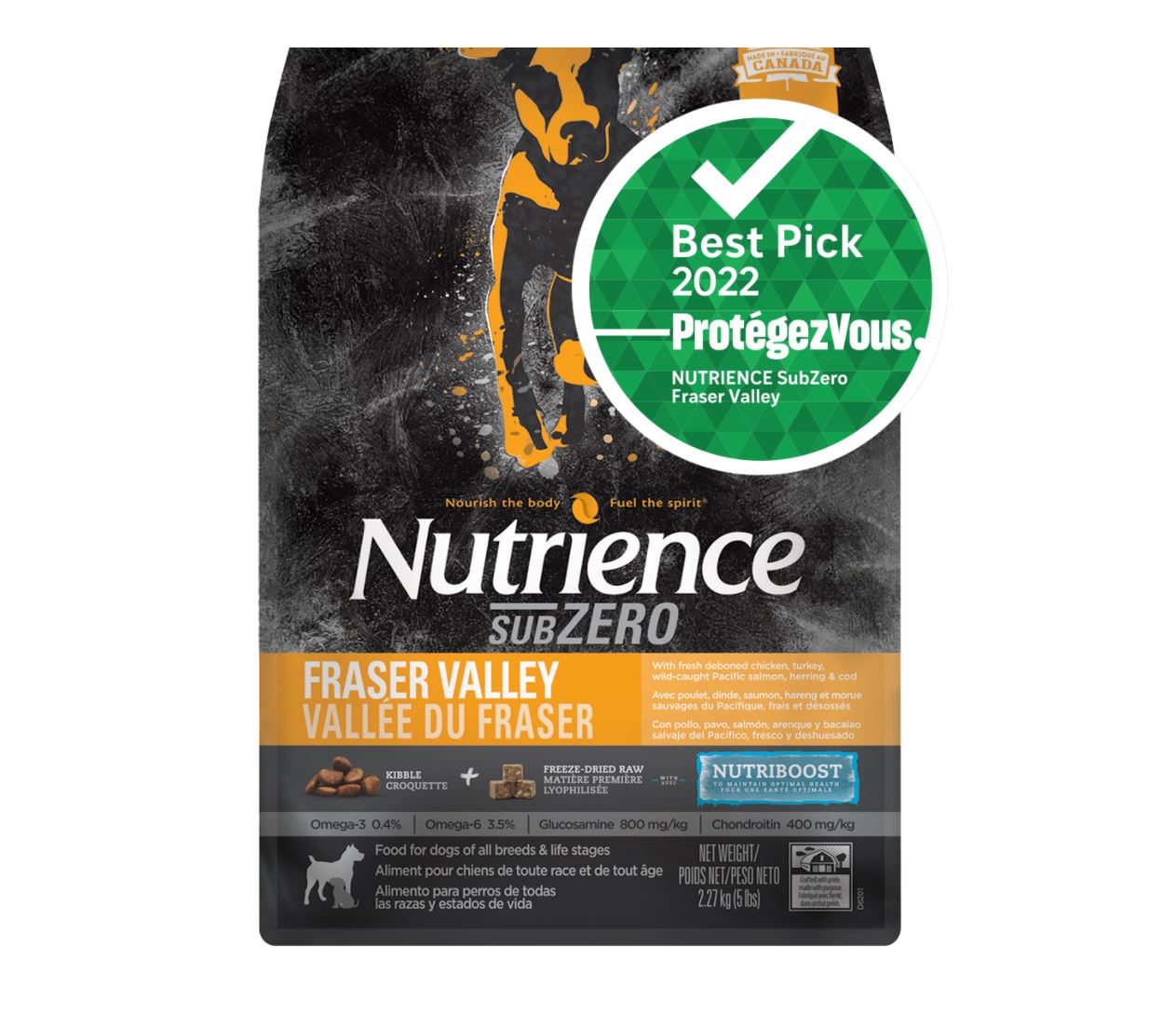
Thanks for this article!
Sugar is even added to things we wouldn’t consider – like in canned beetroot and in bread crumbs!
I read the “Good Sugar, Bad Sugar” book by Allan Carr and now I don’t eat ANY processed sugar (just a little maple syrup if things need sweetening) and my animals (dogs and cats) never have anything with processed sugar in it.
It wasn’t difficult to remove sugar from the household’s diet but it did make a huge lifestyle change.
Everybody should read that book, it makes giving up sugar so easy!
(please don’t publish my name anywhere!, thanks)
Good Sugar Bad Sugar is definitely a book everyone should read. It reminded me how powerful a book could be.
Since reading it a couple of years ago – and from having a child – it has made me aware how much sugar there is in so many foods, and often foods you wouldn’t expect to find sugar.